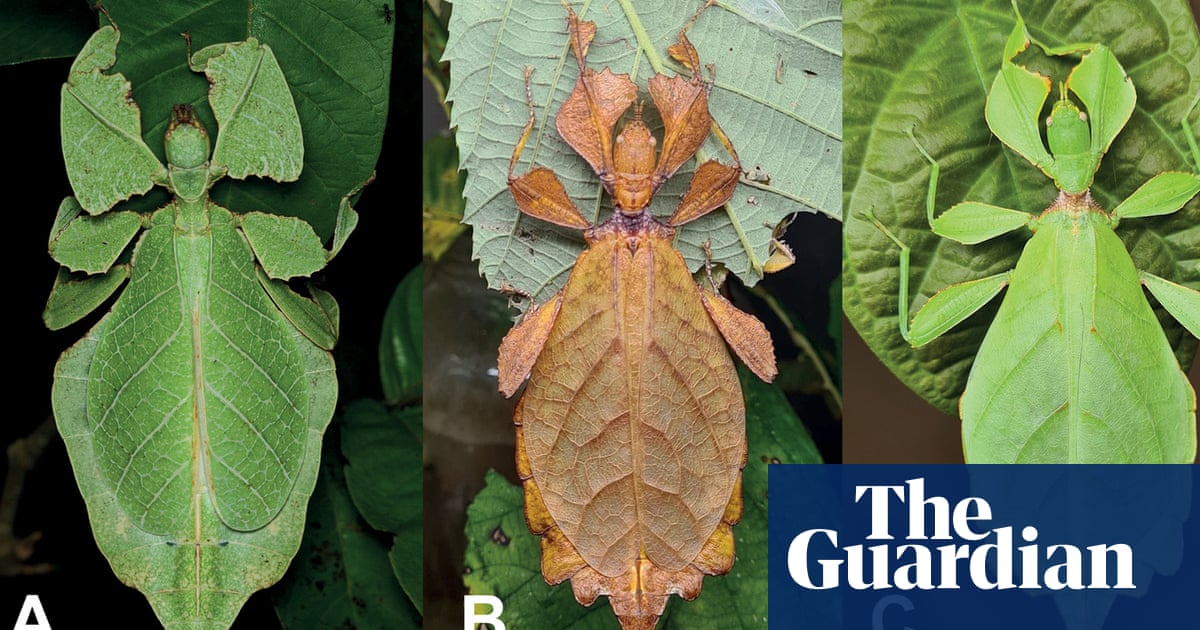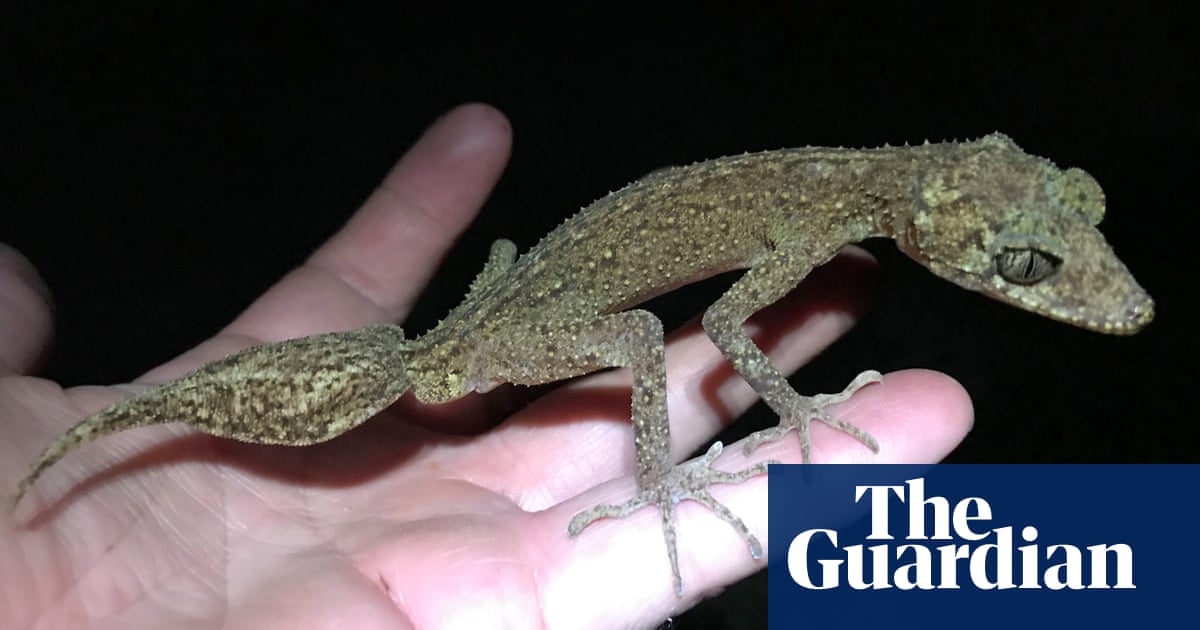
Seven new leaf insect species, known as “walking leaves”, have been discovered.
The insects exhibit a sophisticated “twigs and leaf-like” camouflage allowing them to blend into their surroundings without detection, posing a challenge to both predators and researchers.
Historically, taxonomy – the sorting and classification of species – has been difficult with insects that cannot be identified based on external appearance alone. The new study, published in the journal ZooKeys, used genetic analysis to identify the species. Some insects found in India had previously been assumed to be part of a larger south-east Asian species group.
“Individuals of different species are often counted as belonging to the same species based on their appearance. We were only able to identify some of the new species by their genetic characteristics,” explained lead researcher Dr Sarah Bank-Aubin of the University of Göttingen in Germany.
Co-author Dr Sven Bradler, also at the University of Göttingen, added: “There are around 3,500 known species of stick and leaf insects and there are currently just over 100 described species of leaf insect. Although they only make up a small fraction of this diverse family of insects, their spectacular and unexpected appearance makes them unique.”
The findings are important not only for the systematic study of leaf insects but also for the protection of their diversity. The loss of these Indian insects would not merely reduce numbers within a known species; it would mean the extinction of an entirely separate species.
Bank-Aubin emphasised the importance of biodiversity preservation: “The finding is important for species conservation: if all the individuals die out in India, it is not just a group within a species that is reduced, as was previously thought. In fact, a whole distinct species is being wiped out. This means that the Indian species is particularly important to protect.”
Using these genetic techniques, more than 20 new cryptic species have been discovered from Vietnam, Borneo, Java and the Philippines.












